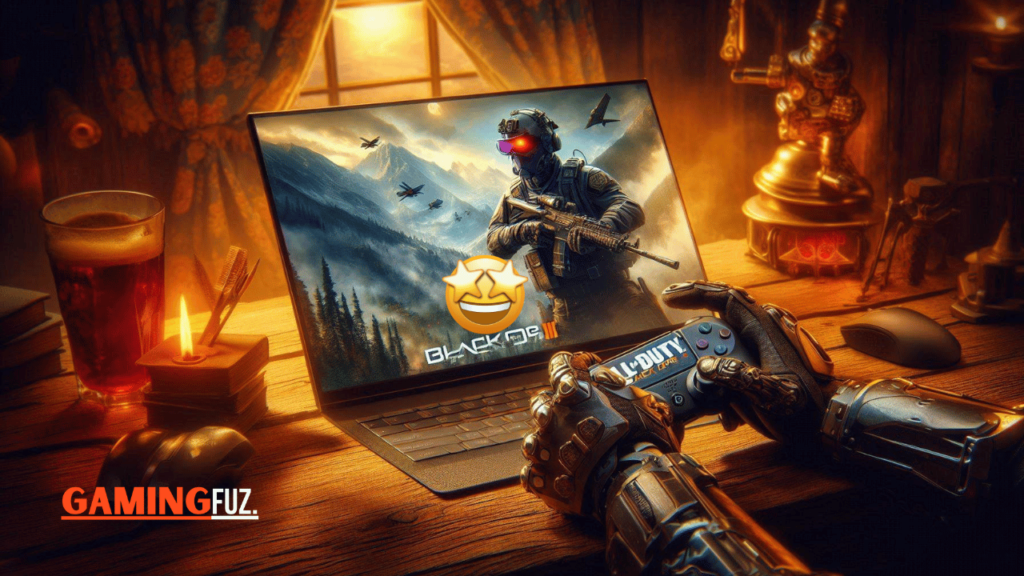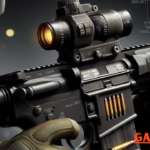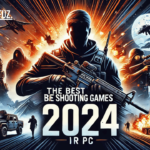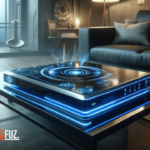Call of Duty: Black Ops 6 is one of the most anticipated games of 2024, bringing a new level of intense action and strategy to the franchise. However, as gaming technology advances, so do the system requirements, which can make it challenging for players on low-end devices to enjoy the full experience.
In this guide, we’ll explore how you can optimize Call of Duty: Black Ops 6 to play on a low-end PC or laptop, covering everything from settings adjustments to software tricks.
Understanding System Requirements for Black Ops 6
The first step is to understand the minimum and recommended system requirements for Call of Duty: Black Ops 6. Knowing these requirements will give you a baseline to adjust your settings and understand what modifications may be necessary for smoother gameplay.
| Requirement | Minimum | Recommended |
|---|---|---|
| OS | Windows 10 (64-bit) | Windows 10/11 (64-bit) |
| Processor | Intel Core i3-9100 / AMD Ryzen 3 1200 | Intel Core i5-9600K / AMD Ryzen 5 3600 |
| RAM | 8 GB | 16 GB |
| Graphics Card | NVIDIA GTX 1050 / AMD Radeon RX 560 | NVIDIA GTX 1660 / AMD RX 580 |
| Storage | 100 GB free HDD space | 100 GB SSD for faster loading |
| DirectX | DirectX 12 compatible | DirectX 12 compatible |
Tip: Even if your device doesn’t meet these specifications, several optimizations may allow smoother gameplay.
Essential Preparations Before Playing
1. Clear Disk Space
- Clear up space on your hard drive or SSD to ensure your device can handle the game installation and minimize loading delays.
- Use built-in tools like Windows Disk Cleanup or third-party tools such as CCleaner.
2. Check for Malware and Viruses
- Run a malware and antivirus scan to make sure no background processes are consuming system resources.
3. Limit Other Installations
- Avoid installing large software programs or files while playing Black Ops 6 to prevent storage and performance limitations.

Optimizing In-Game Settings for Low-End Devices
Adjusting in-game settings is crucial for improving performance. Black Ops 6 offers a variety of graphics settings that you can adjust to lower demands on your device.
| Setting | Recommended Adjustment |
|---|---|
| Resolution | Lower to 1280×720 or lower |
| Texture Quality | Low |
| Anti-Aliasing | Off or Very Low |
| Shadow Quality | Low or Off |
| Effects Detail | Low |
| Render Distance | Low |
| Frame Rate Cap | Set to 30 FPS |
| V-Sync | Off |
| Motion Blur | Off |
| Particles and Effects | Low |
Note: These adjustments will reduce graphical quality but can greatly improve FPS (frames per second) on low-end devices.
Adjusting Windows Settings for Better Performance
Windows provides several built-in options that help optimize device performance.
1. Switch to High-Performance Mode
- Go to Settings > System > Power & sleep > Additional power settings and select High performance.
2. Disable Background Apps
- Go to Settings > Privacy > Background apps and turn off unnecessary apps to free up RAM and CPU usage.
3. Turn Off Game Bar and Game DVR
- Go to Settings > Gaming > Xbox Game Bar and turn off Record game clips, screenshots, and broadcast using Game Bar.
4. Disable Windows Visual Effects
- Right-click on This PC > Properties > Advanced system settings > Settings under Performance. Select Adjust for best performance to disable unnecessary visual effects.
Using Third-Party Optimization Tools
Several third-party software options can further enhance your system’s performance.
| Tool | Purpose |
|---|---|
| Razer Cortex | Frees up memory and boosts system speed |
| MSI Afterburner | Monitors and adjusts GPU performance |
| CCleaner | Removes temporary files and clears RAM |
| Game Fire | Temporarily shuts down unnecessary services |
Warning: Always download these tools from official websites to avoid malware or compatibility issues.
Updating and Configuring Graphics Drivers
Graphics drivers play a key role in gaming performance. Outdated drivers can lead to performance bottlenecks.
1. Update GPU Drivers
- Visit your GPU manufacturer’s site (NVIDIA, AMD, Intel) to download the latest drivers. Many modern games are optimized through driver updates.
2. Use Driver Optimization Software
- Some GPUs come with dedicated software like NVIDIA’s GeForce Experience and AMD’s Radeon Software. These tools offer auto-optimization for many popular games, including Call of Duty titles.
Reducing Background Processes for Smoother Gameplay
Background processes can consume system resources and limit gaming performance.
1. Use Task Manager
- Press Ctrl + Shift + Esc to open Task Manager.
- Under the Processes tab, end unnecessary programs that consume CPU and RAM.
2. Limit Startup Programs
- Open Task Manager and go to the Startup tab. Disable all non-essential startup applications.
3. Check Network Usage
- If you’re experiencing network lag, ensure no background applications are using bandwidth. Applications like Steam, OneDrive, and browsers can often consume bandwidth in the background.
Conclusion
Playing Call of Duty: Black Ops 6 on a low-end device may seem challenging, but with careful optimizations, you can improve your gameplay experience significantly. Adjusting in-game and system settings, updating drivers, and using third-party tools can make a difference in how the game runs on your device.
Follow these steps, and you’ll be able to enjoy Black Ops 6 even on a device that doesn’t meet the recommended specs.
FAQs
1. Can I play Call of Duty: Black Ops 6 on a 4GB RAM laptop?
- Playing Black Ops 6 on a 4GB RAM device may be challenging, as it might experience lag and crashes. However, using all optimization tips can help, but performance might still be limited.
2. Will lowering the resolution improve FPS?
- Yes, lowering your game’s resolution to 1280×720 or lower can significantly improve FPS, though it reduces visual quality.
3. Does Call of Duty: Black Ops 6 support DirectX 11?
- Black Ops 6 is designed for DirectX 12. Attempting to run it on DirectX 11 may result in limited performance or compatibility issues.
4. How do I know if my graphics driver is outdated?
- You can check your graphics driver version in the Device Manager. Compare this with the latest version available on the GPU manufacturer’s website.
5. Is it safe to use third-party optimization tools?
- Most reputable optimization tools like Razer Cortex or MSI Afterburner are safe and can improve performance. However, only download from trusted sources and avoid less-known software.






